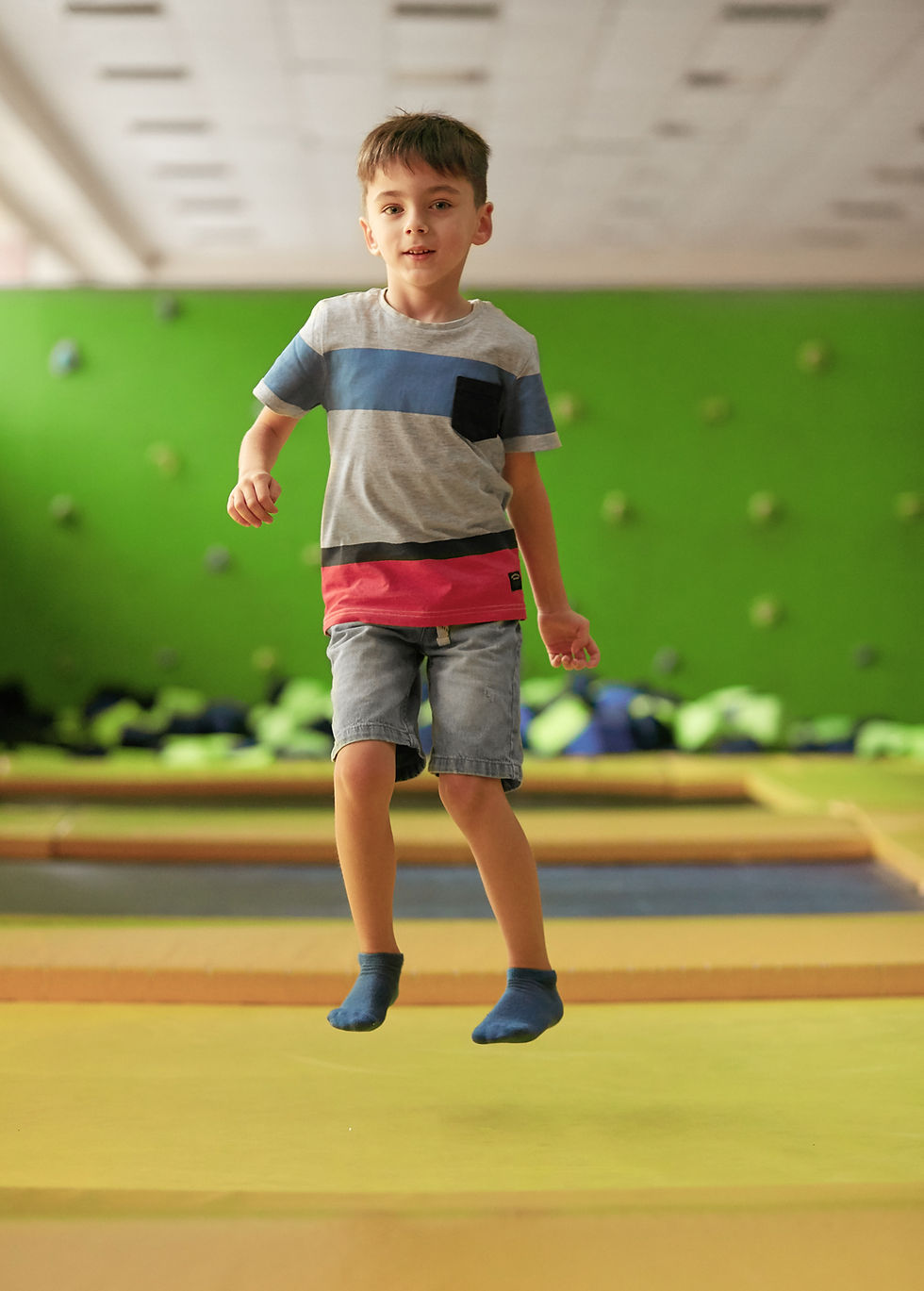AUTISM EXERCISE
- Jacqueline Sinke

- Dec 28, 2023
- 2 min read
Updated: Feb 12, 2024
The benefits of exercise in people with autism, using evidence-based practices, can produce life-changing results and is rated by parents as the # 1 Autism Treatment. Exercise for those with autism doesn’t just improve fitness levels. Exercise is an essential part of learning and play-exercise can be life-changing. It is very common for children with ASD to have some motor delays that are recognized by the parents before the delays in social and communication skills are apparent.

People with ASD often face unique challenges to physical fitness and are at risk for an inactive lifestyle and obesity. Beginning in the toddler years, American youngsters with ASD have a higher risk of being overweight or obese than other children. This pattern continues into adulthood. U.S. teenagers with autism are more than twice as likely to be obese as adolescents who don't have a developmental disability. Adults with autism have higher rates of obesity, as well as health conditions that can be caused or aggravated by obesity, such as diabetes, high cholesterol and high blood pressure.
Setting up for success
Research shows that just 10 minutes of low-intensity exercise in conjunction with a regular strength training routine can help to reduce maladaptive behaviors, increase academic focus, improve confidence, body awareness, social skills, and support language, and cognitive development. Exercise needs to become a life long healthy habit through training programs that prepares the person with autism for a healthy productive life.
Five components of fitness for people with autism
According to ACSM (American College of Sports Medicine) the five components of physical fitness for those with autism include: Body Image (understanding the concept of his/her body and it’s parts), Posture, Motor Coordination, Muscular Fitness, Cardiovascular Fitness and though it’s not part of the “five” components officially,
Core Strength.

By applying these components and using the right approach based on the individual 's unique needs and traits along with developmentally appropriate and evidence-based strategies, exercise will become an integral and integrative part of the daily routine.
The results speak for themselves and speak in a loud, clear voice; exercise creates life-changing opportunities for children, teens, adults, and their families.
Laura and Jacqueline have received advanced training through ACSM/EXERCISE CONNECTION as Autism Exercise Specialists and are passionate about helping those with autism reach their full potential. Laura is accepting new clients for in-home training in Beaverton, Lake Oswego, and surrounding areas (children, teens, adults, and older adults with autism).
We use Exercise Buddy and incorporate this technology in the exercise program's six evidence-based practices for autism.
1) Technology-Aided Instruction
2) Visual Supports
3) Video Modeling
4) Social Narratives
5) Exercise
6) Reinforcement
Fitness & Function provides in-home personalized exercise training for persons with autism. We are health and fitness professionals that specialize in working with clients with unique needs.




Comments